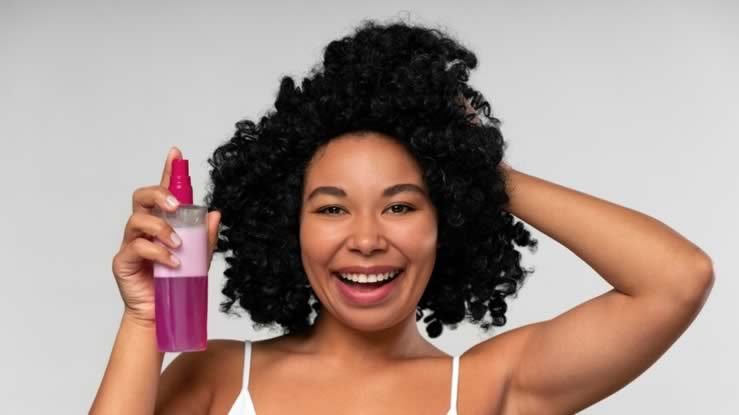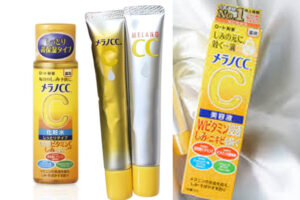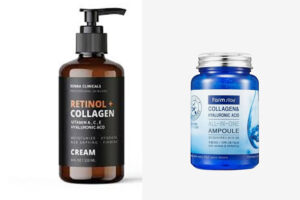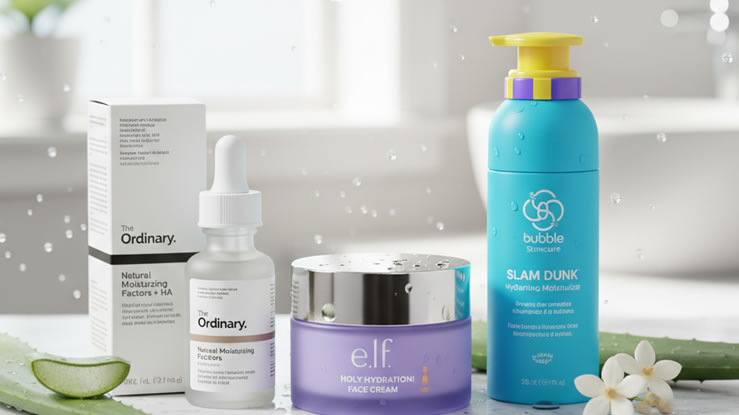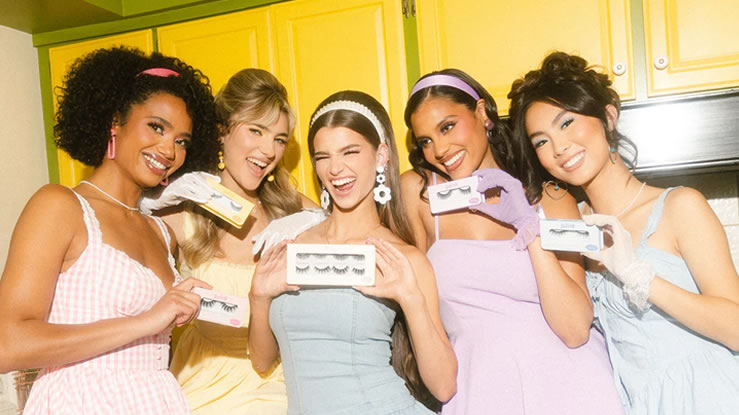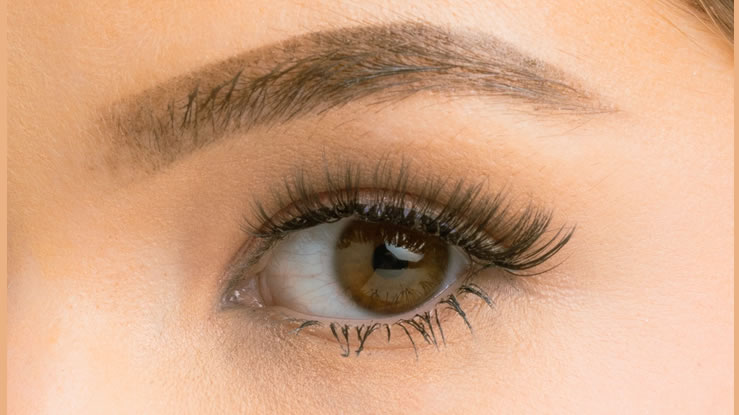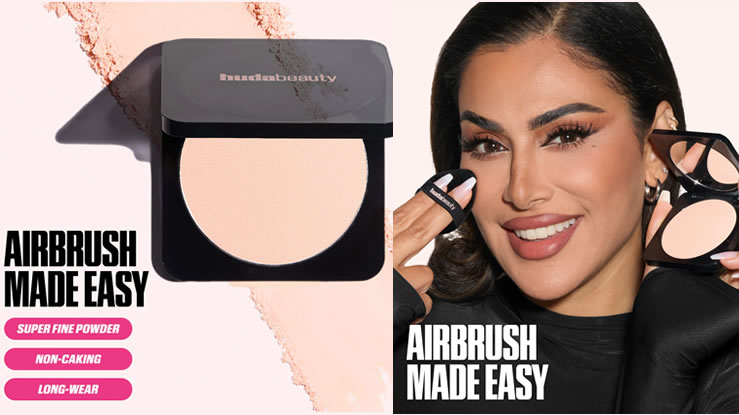Over the past decade, the hair care industry has experienced a huge transformation. Consumers are no longer just buying products that make their hair look good for a day, they’re looking for products that nourish, protect, and restore. This shift has sparked a major movement toward natural hair shampoo.
Natural shampoos have become a must-have for anyone seeking healthier hair and scalp care. Especially among women with textured or natural hair, choosing a natural shampoo isn’t just about a trend, it’s about embracing a lifestyle that values gentle ingredients, holistic beauty, and authenticity.
But with so many “natural” claims on the market, it’s easy to get lost. So, what exactly makes a shampoo “natural”? And which ones actually work?
Let’s dive deep into what defines a natural shampoo, what ingredients you should seek or avoid, and which products are leading the pack in 2025.
Understanding What Makes a Shampoo “Natural”
The word natural is thrown around a lot in beauty marketing, but true natural shampoos have specific characteristics that set them apart. A natural shampoo focuses on plant-based ingredients, minimal processing, and gentle cleansing agents that don’t strip the hair’s natural oils.
Key Characteristics of Natural Shampoos
Sulfate-free: Sulfates like SLS (Sodium Lauryl Sulfate) and SLES (Sodium Laureth Sulfate) are powerful detergents that remove dirt and oil but also strip away moisture. Natural shampoos use milder surfactants like coco-glucoside or decyl glucoside, derived from coconut or sugar.
Paraben-free and phthalate-free: These chemicals act as preservatives and fragrance stabilizers but can cause scalp irritation or hormonal imbalance.
Plant-based ingredients: Ingredients like aloe vera, coconut oil, tea tree, and shea butter deeply nourish hair without synthetic fillers.
No synthetic fragrances or dyes: Natural shampoos often use essential oils for scent instead of artificial perfumes.
Cruelty-free and eco-friendly: Many natural shampoo brands align with sustainable and cruelty-free practices.
Essentially, natural shampoos focus on being cleaner and kinder to your hair, your scalp, and the planet.
The Difference Between Natural and Regular Shampoos
Here’s a quick breakdown to help you understand the difference:
| Feature | Natural Shampoo | Conventional Shampoo |
|---|---|---|
| Cleansing Agent | Plant-based surfactants (gentle, non-stripping) | Sulfates (deep-cleansing but harsh) |
| Moisture Retention | Retains natural oils | Often strips oils, leading to dryness |
| Ingredients | Organic, botanical extracts, essential oils | Synthetic fragrances, parabens, silicones |
| Long-term Effects | Healthier scalp, stronger strands | May cause dryness, breakage, irritation |
| Lather | Less foamy but still effective | Very foamy due to chemical detergents |
If your hair often feels dry, frizzy, or breaks easily, switching to a natural shampoo can make a world of difference.
Top Ingredients to Look for in a Natural Shampoo
Natural shampoos are packed with ingredients that come straight from nature — and every single one brings a specific benefit.
Here are some key ones to keep an eye out for:
-
Shea Butter: A hero for dry, coily, and natural hair. It locks in moisture, adds softness, and protects against breakage.
-
Coconut Oil: Deeply penetrates the hair shaft and helps reduce protein loss.
-
Aloe Vera: Soothes the scalp, adds shine, and helps balance oil production.
-
Honey: A natural humectant that attracts moisture and leaves hair looking glossy.
-
Tea Tree Oil: Has antimicrobial properties, excellent for dandruff or itchy scalp.
-
Argan Oil: Strengthens strands and promotes smoother texture.
-
Panthenol (Vitamin B5): Improves elasticity and prevents split ends.
-
Rosemary Extract: Stimulates hair growth and supports scalp health.
When you see these on a label, especially near the top of the ingredient list, it’s a good sign.
Ingredients to Avoid
Just as important as what’s inside is what’s not inside. Here are the ingredients you’ll want to steer clear of:
- Sulfates (SLS, SLES): They clean aggressively but can dry and irritate the scalp.
- Parabens: Used as preservatives but linked to hormone disruption.
- Phthalates: Often hidden in “fragrance,” known to affect hormonal balance.
- Formaldehyde-releasing preservatives: Such as DMDM Hydantoin.
- Heavy silicones: Coat hair instead of nourishing it, creating buildup over time.
- Synthetic dyes or fragrances: Can cause allergic reactions or scalp irritation.
Best Natural Hair Shampoos (2025 Edition)
Now that we know what to look for, here are some of the top natural shampoos on the market right now — especially those loved by women with textured or curly hair.
1. SheaMoisture Jamaican Black Castor Oil Strengthen & Restore Shampoo
This cult favorite from SheaMoisture is perfect for natural, chemically treated, or heat-styled hair. It combines Jamaican black castor oil, shea butter, and apple cider vinegar to cleanse while strengthening hair from root to tip.
Why it’s amazing:
-
Strengthens weak, brittle hair
-
Encourages growth with castor oil
-
Balances scalp pH with apple cider vinegar
-
Smells divine
It’s a must-try for anyone transitioning to natural products.
2. Mielle Organics Babassu Oil Conditioning Sulfate-Free Shampoo
This shampoo is a lifesaver for those who struggle with dry, brittle hair. It’s enriched with babassu oil and plant proteins that provide deep hydration and strength.
Why it works:
-
Moisturizes without heaviness
-
Strengthens the hair shaft
-
Great for curly or coily hair types
It’s sulfate-free, rich, and leaves your curls bouncy and defined.
3. Carol’s Daughter Black Vanilla Moisture & Shine Shampoo
Designed specifically for dry or dull natural hair, this shampoo uses aloe, sweet clover, and rose extracts to restore softness and manageability.
Why it stands out:
-
Adds moisture and shine
-
Free of parabens, petrolatum, and sulfates
-
Amazing sweet scent
Perfect for people who love sweet-smelling yet gentle hair care.
4. 100% Pure Honey & Virgin Coconut Restorative Shampoo
If your hair has suffered from color damage or heat styling, this natural shampoo is an absolute gem. It uses honey and coconut oil to heal and restore shine.
Why it’s loved:
-
Deeply hydrating formula
-
Restores elasticity
-
Free from synthetic ingredients
-
Great for sensitive scalps
5. Pattern Beauty Cleansing Shampoo
Founded by Tracee Ellis Ross, Pattern Beauty was created with curly and coily textures in mind. The cleansing shampoo gently removes buildup without stripping away moisture.
Key highlights
-
Ideal for thick, coily, and textured hair
-
Contains aloe vera and coconut oil
-
Leaves hair soft, clean, and healthy
It’s one of the few shampoos that manage to deeply clean without dryness — a win for natural hair.
6. Acure Ultra Hydrating Shampoo
For those on a budget but still want quality, Acure delivers an affordable, sulfate-free formula that doesn’t compromise. It’s made with argan oil, pumpkin seed, and aloe vera.
Why it’s popular
-
100% vegan
-
Gentle enough for daily use
-
Adds hydration and shine
7. Andalou Naturals Argan Stem Cell Shampoo
If you’re looking for a growth-supporting natural shampoo, this one is incredible. It combines fruit stem cell science with natural botanicals to strengthen hair and improve scalp circulation.
Benefits include
-
Stimulates hair growth
-
Repairs and protects
-
Silicone-free, paraben-free
How to Use Natural Shampoo Effectively
Even the best natural shampoo won’t perform miracles if used incorrectly. Here’s how to get the most out of your wash days:
-
Pre-poo treatment: Apply coconut or olive oil to your hair before shampooing to protect moisture.
-
Dilute the shampoo: If it’s thick, add a little water to help spread evenly.
-
Massage your scalp: This increases blood circulation and helps loosen buildup.
-
Rinse with lukewarm water: Hot water can strip away moisture.
-
Follow with a natural conditioner or leave-in: Lock in hydration after cleansing.
Common Misconceptions About Natural Shampoos
Let’s clear up a few myths:
-
“Natural shampoos don’t clean well.” False, they clean effectively but more gently.
-
“They’re too expensive.” Some premium ones are pricier, but affordable options like Acure or Mielle work just as well.
-
“They don’t lather enough.” Less lather simply means fewer sulfates — it’s actually better for your hair.
Why Black and Natural Hair Benefits Most from Natural Shampoos
Natural shampoos are especially beneficial for Black women and those with curly or coily hair types, since these textures are more prone to dryness. Using sulfate-free, moisture-rich formulas helps:
-
Retain natural oils
-
Reduce breakage
-
Define curls
-
Promote long-term hair health
It’s not just about beauty, it’s about hair care that respects your texture.
There isn’t a single “best” shampoo for everyone, because hair types differ. However, if we had to crown an overall winner, the SheaMoisture Jamaican Black Castor Oil Strengthen & Restore Shampoo stands out. It’s nourishing, safe for natural and color-treated hair, and full of reparative ingredients.
If your goal is moisture and strength, go with SheaMoisture or Mielle.
If you need shine and softness, Carol’s Daughter is perfect.
If you’re focusing on scalp health and growth, Andalou Naturals is an excellent pick.
No matter your choice, your hair will thank you for making the switch to natural.

